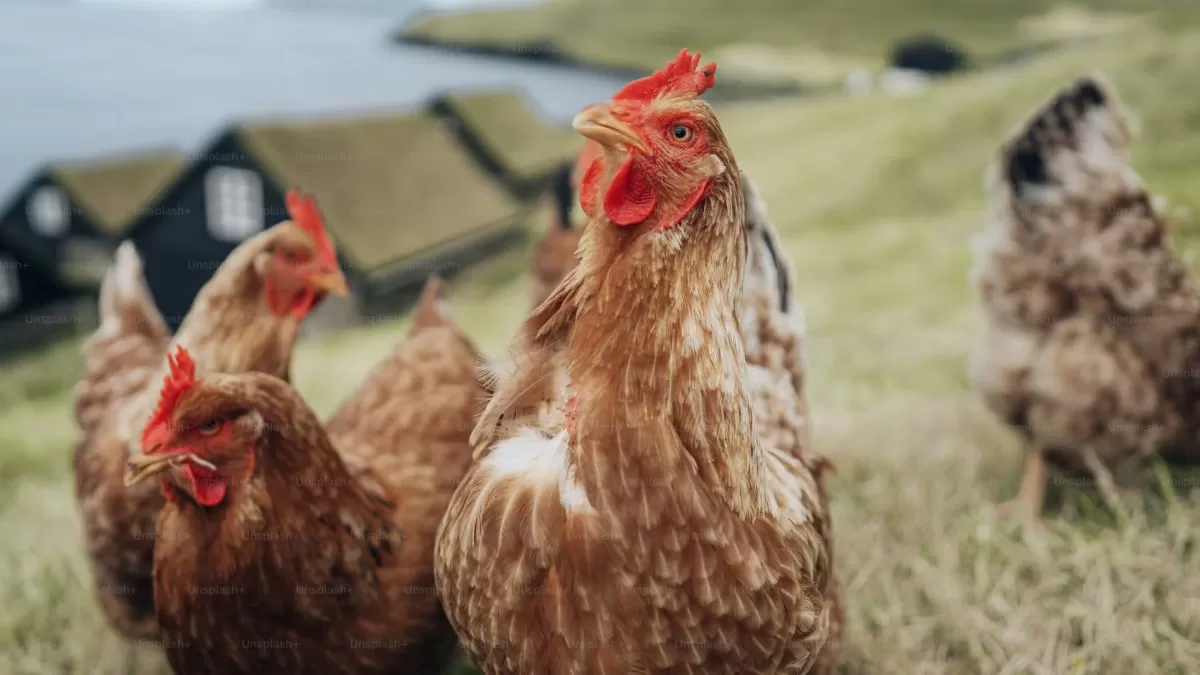Washington state has recently confirmed four new cases of bird flu among farmworkers, bringing the national total to 31. The virus, which is known to spread widely among animals, has shown no signs of human-to-human transmission yet, according to health experts. The workers who were infected reportedly experienced only mild symptoms. As flu season approaches, experts are warning of potential viral genetic exchanges, but they assure the public that current measures are in place to prevent any major outbreaks.
The four new cases in Washington state were discovered among farmworkers who had been in close contact with infected birds. The workers were immediately isolated and treated, and their conditions are said to be stable. This brings the total number of confirmed cases in the state to 11, with the remaining 20 cases spread across different states in the country.
The bird flu virus, also known as avian influenza, is a highly contagious viral infection that primarily affects birds. However, in rare cases, it can also infect humans who come into close contact with infected birds. The virus is known to have different strains, with some being more severe than others. The current strain that is affecting the farmworkers in the United States is the H5N1 strain, which has been responsible for several outbreaks in the past.
Despite the recent cases, health experts are reassuring the public that there is no cause for alarm. The virus has not shown any signs of human-to-human transmission, which is a major concern when dealing with a potential pandemic. The infected workers have only experienced mild symptoms, which is a positive sign that the virus is not as severe as some of the previous strains.
As flu season approaches, experts are warning of potential viral genetic exchanges. This is a process where different strains of the virus can combine and create a new, more dangerous strain. However, health officials are confident that the current measures in place will prevent any major outbreaks. These measures include strict monitoring of poultry farms, early detection and isolation of infected birds, and proper hygiene practices among farmworkers.
The recent cases in Washington state serve as a reminder of the importance of taking precautionary measures to prevent the spread of the virus. The state has already implemented strict measures to contain the virus, including a ban on the movement of poultry and poultry products in and out of the affected areas. This is a crucial step in preventing the virus from spreading to other states and potentially causing a nationwide outbreak.
In addition to these measures, health officials are also urging the public to take necessary precautions to protect themselves from the virus. This includes avoiding contact with sick or dead birds, properly cooking poultry products, and practicing good hygiene, such as washing hands regularly.
The recent cases in Washington state also highlight the importance of proper training and education for farmworkers. These workers are at the front line of the poultry industry and are at a higher risk of being exposed to the virus. Therefore, it is crucial that they are equipped with the necessary knowledge and skills to prevent the spread of the virus.
The government and health officials are working closely with poultry farmers to ensure that proper biosecurity measures are in place to prevent the spread of the virus. This includes regular testing of birds, proper disposal of infected birds, and strict monitoring of farm workers’ health.
In conclusion, while the recent cases of bird flu in Washington state are concerning, there is no need to panic. The virus has not shown any signs of human-to-human transmission, and the infected workers have only experienced mild symptoms. The government and health officials are taking necessary measures to prevent the spread of the virus, and the public is urged to take necessary precautions as well. With proper measures in place, we can prevent the virus from causing a major outbreak and protect the health and well-being of our communities.

